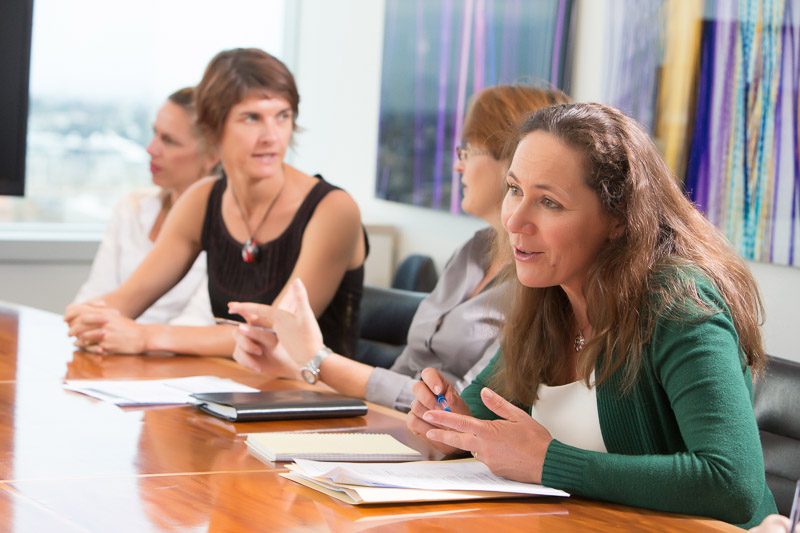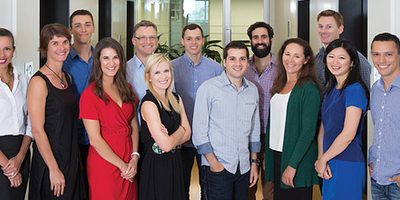
The George Institute recognised for gender equity excellence
The George Institute for Global Health has long been working to address under-representation of women in academia and medical research, particularly in senior roles. This strong commitment and support to build a gender-equitable organisation has now been recognised by the National Health and Medical Research Council of Australia (NHMRC).
The Institute was ranked as ‘excellent’ by the NHMRC against seven gender equity criteria - designed to measure practical and cultural steps that support retention and promotion of women in health and medical research. These seven criteria are:
- An institutional strategy that addresses the underrepresentation of women in senior positons in relevant strategic/corporate plans. This strategy should be reviewed frequently to ensure that it is effective and relevant.
- Mentoring and skills training strategies that promote and seek to increase women’s participation.
- The provision of parental/maternity leave and carers leave, and transitional support to encourage return to work.
- Working arrangements that cater for individuals with caring responsibilities.
- Remuneration equity between men and women with the same responsibilities.
- Employment strategies that encourage the recruitment, retention and progression of women in health and medical research.
- Strategies to address the need for the provision of support for childcare.
The George Institute Australia's Director of Business and Operations, Dr Parisa Glass said: “These programs are critical not just for gender equity in science but also for the future of research in Australia. If we can remove barriers to women realising the full potential of their science careers, then everyone benefits, not just women.”
In 2015, the Institute became an inaugural member of the Science in Australia Gender Equity (SAGE) pilot of the Athena SWAN program - created to improve gender equity within the disciplines of science, technology, engineering, mathematics, and medicine.
Our participation in the Australian Athena SWAN program – together with the Institute’s broader commitment to diversity, inclusion and belonging – will build on our current policies and practices, to foster a more equitable and progressive organisation for all.




